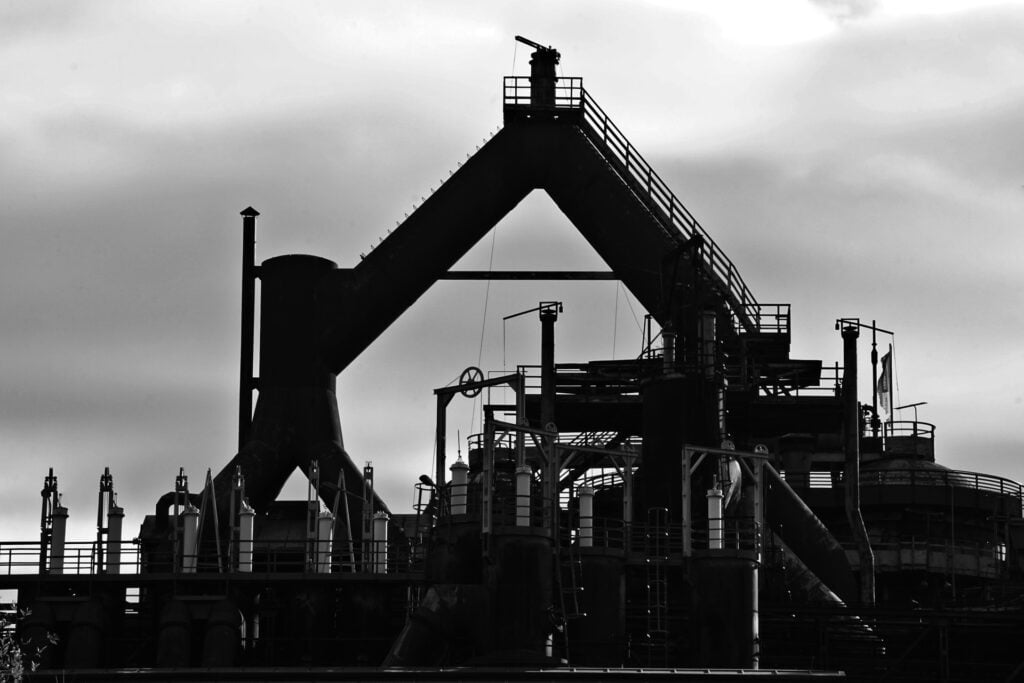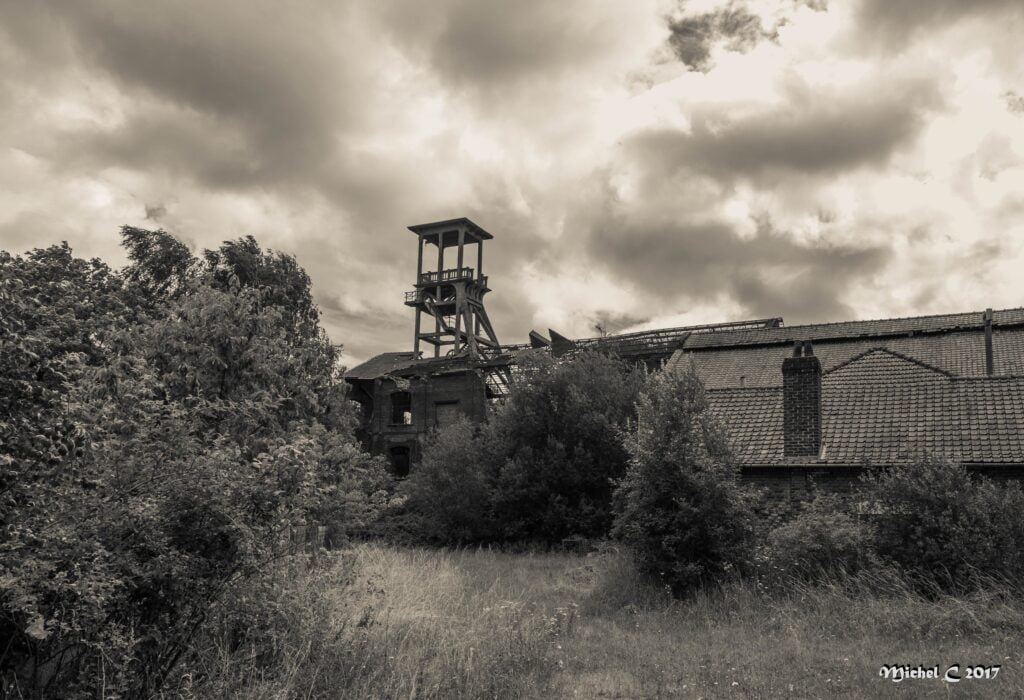Heat networks were introduced in France in the early 20th century, in the largest cities in terms of population and heat requirements.
At the end of the 18th century, the combination of coal and steam opened the way for the Industrial Revolution. Energy thus became available in greater quantities at a single site. This made it possible to power an array of machines and tools, to drive a locomotive or launch steamboats.
Management of the coal waste made it possible to produce heat of over 200°C, to supply homes via a local distribution network.
This was the first generation (1G) of heat networks.
3 key facts to keep in mind:
- The wide diameter of the pipework;
- The very high water temperature;
- The heavy installation.

